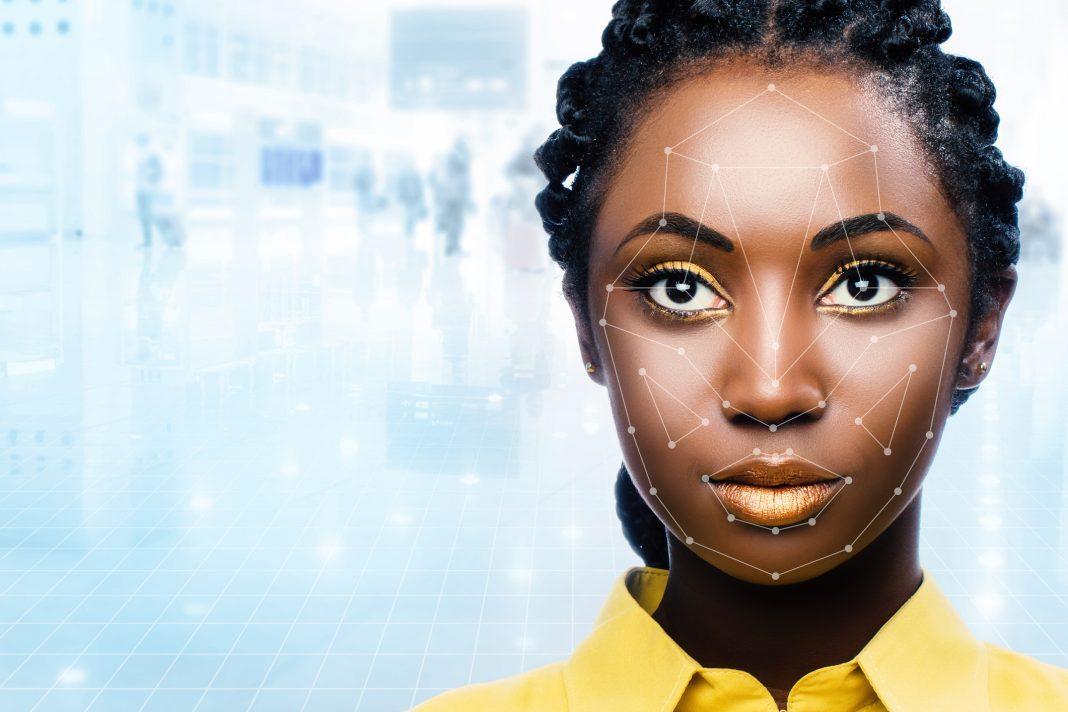
A Google-funded facial recognition project allegedly used deceitful methods to get people to agree to have their faces scanned.
According to a Daily News report, contractors working for Google through an external company were instructed to target dark-skinned people, college students, and the homeless to amass data for the company’s smartphone facial recognition technology.
The contractors were allegedly instructed by a Netherlands-based staffing company called Randstad to use misleading or deceptive practices to get their subjects to agree to have their faces scanned in exchange for $5 gift cards.
“We were told not to tell (people) that it was video, even though it would say on the screen that a video was taken,” one contractor told the Daily News.
“It was a lot of basically sensory overloading the person into getting it done as quickly as possible and distracting them as much as possible so they didn’t even really have time to realize what was going on,” another contractor said.
Another contractor spoke of being deployed to Atlanta and to the BET Awards in Los Angeles to specifically target African-Americans.
A spokesperson for Google defended the initiative as being critical to have a “diverse sample, which is an important part of building an inclusive product.”
Other reports have described contractors misleading potential subjects as to the use and the retention of the data itself. While Google was initially quote as saying their facial scans would be held for 18 months, a photo obtained by the Daily News shows a significantly more open-ended agreement:
“Research Data will be retained for as long as needed to fulfill the Purposes, which is expected to be about 5 years, but it may be as long as necessary for the Purposes due to the extended time needed for collection analysis, or other logistical considerations…. There is no limit to how long or in what manner Google may retain, use of share the Aggregate Data,” says the official consent agreement for the project.
Several students reported contractors approaching them for facial scans under the guise of college students.
“They said they wanted us to test out a new phone, an Android. I put in my email. My guy told me to do it all really quick. He kept saying, ‘Hit next and upload. Next and upload.’ I thought they were students. We’re new here and trying to make friends,” said a college freshman.
“They said it was a survey and we thought they were students. I don’t think I even realized there was a consent form,” said another student.
Google’s stated purpose for the data is for a facial recognition-based security measure for its upcoming Pixel 4 smartphone, but it has also pursued facial recognition technology in several other product lines and initiatives.









